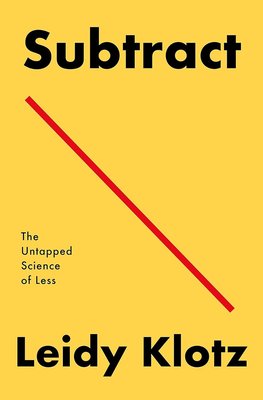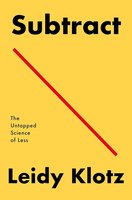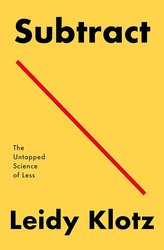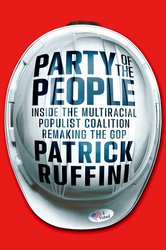"You need to read this book." ―Adam Grant, #1 New York Times bestselling author “A great book changes the world you live in, revealing mysteries you didn't even know were there. This is a great book." ―Sendhil Mullainathan, MacArthur fellow and author of Scarcity Blending behavioral science and design, Leidy Klotz's Subtract offers a scientific appreciation of why we underuse subtraction―and how to access its untapped potential. We pile on “to-dos” but don’t consider “stop-doings.” We create incentives for good behavior, but don’t get rid of obstacles to it. We collect new-and-improved ideas, but don’t prune the outdated ones. Every day, across challenges big and small, we neglect a basic way to make things better: we don’t subtract. Klotz’s pioneering research shows us what is true whether we’re building Lego models, cities, grilled-cheese sandwiches, or strategic plans: Our minds tend to add before taking away, and this is holding us back. But we have a choice―our blind spot need not go on taking its toll. Subtract arms us with the science of less and empowers us to revolutionize our day-to-day lives and shift how we move through the world. More or less.






